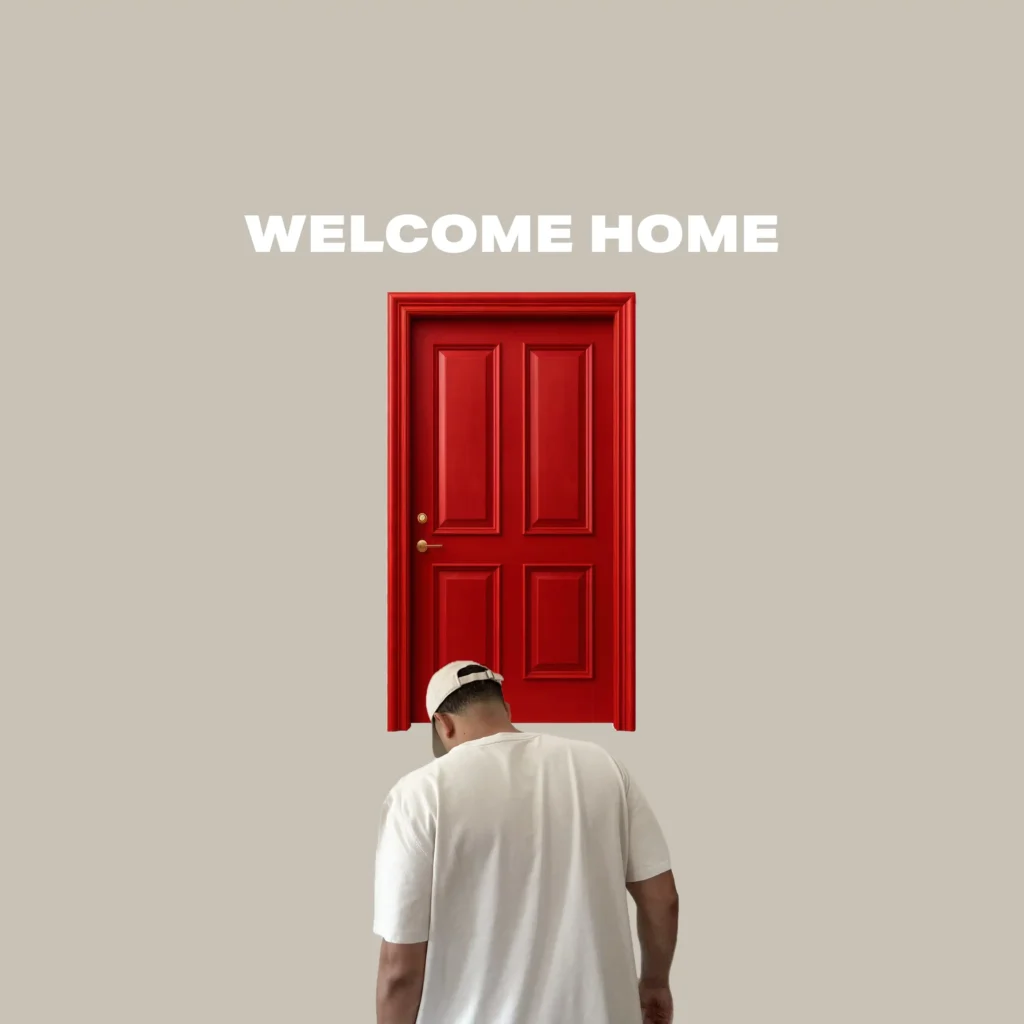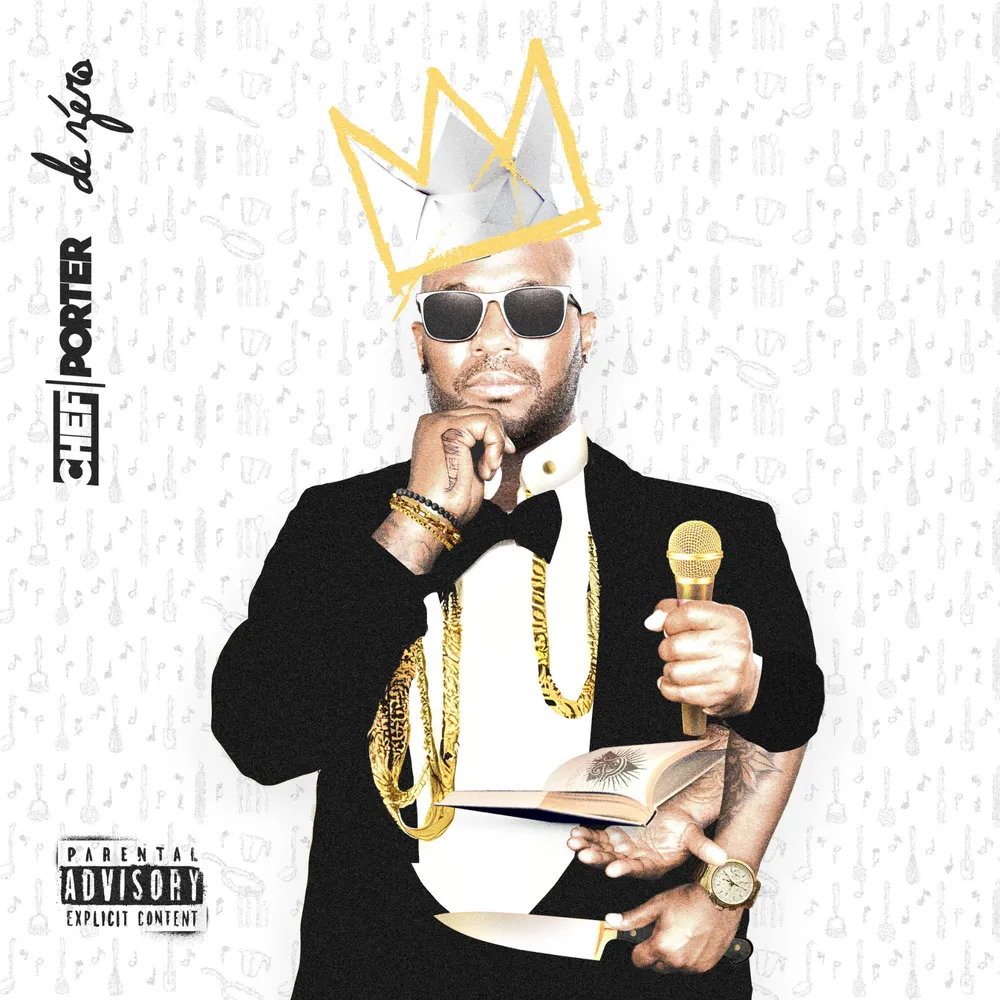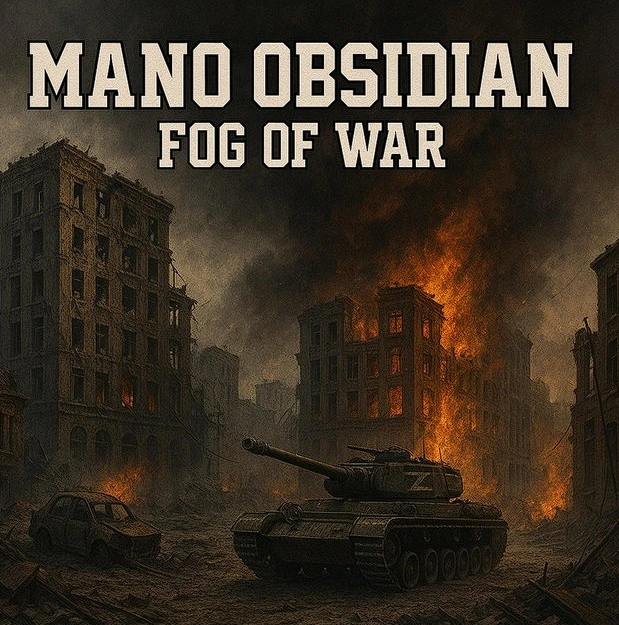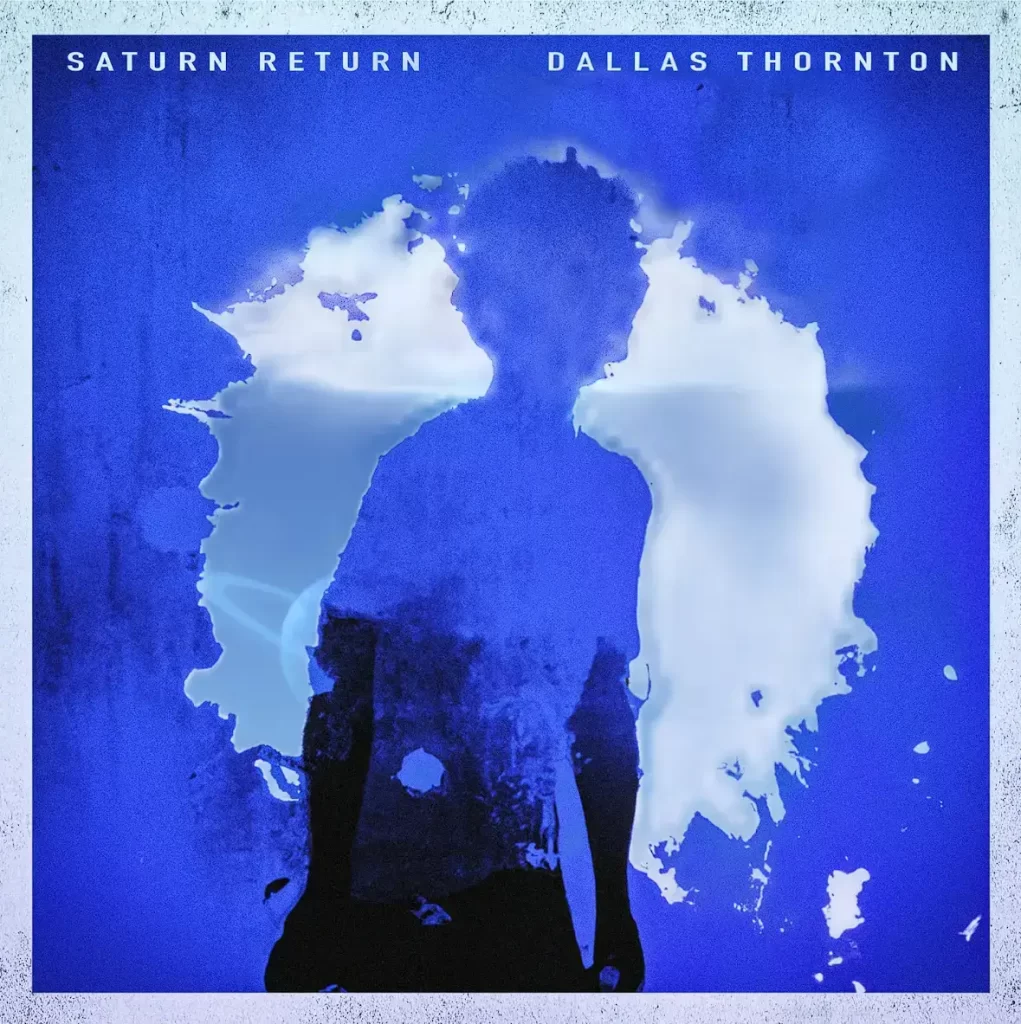Hip-hop, as a genre, is obsessed with beginnings. The block you grew up on. The first demo you cut in someone’s basement where the mic is literally duct-taped to a broom handle. The debut album that says, “Here I am, please take me seriously.” It’s a ritual. Which is why Welcome Home by JaySol, straight out of Compton, feels both familiar and very strange. Familiar because it follows that age-old hip-hop script of the “this is who I am” record. Strange because JaySol doesn’t bother to sand down any of the rough edges to make it palatable. Instead, he leans into them.
This is not an album that’s desperate to get played in a Foot Locker. Rather, this is the sound of someone who’s rapped in cyphers where the prize is respect, not streams, and then dragged that same energy into the studio. Released August 29, 2025, Welcome Home isn’t spectacle; it’s survival dressed in beats. JaySol raps like a man who knows that every verse is carrying the weight of his past, and every beat is a stepping stone to a future he’s not sure will even be there when he lands.On Welcome Home by JaySol, we get something closer to a cosmic trap mixtape stitched together with indie-rap DIY grit. It feels scrappy, yes, but in the best way.

The opener, “Palmer Pawn to 4,” is not subtle. JaySol raps over a soulful sample that immediately evokes redveil’s pg baby. Which is, frankly, a very smart move because when you start your album with a beat that sounds like someone looped the feeling of staring at your ceiling fan at 3 a.m., people are going to pay attention. JaySol’s flow is conversational but pointed. He sounds like he’s sketching a roadmap for himself, and maybe for you too, if you’re willing to listen.
And yes, the pawnshop metaphor is a little on the nose, but here’s the thing: it works. Pawnshops are where the past goes to die or to be recycled into something useful. And that’s essentially what JaySol is doing here: turning the debris of his life into verses.
Then we get to “Real Question,” where JaySol asks the thing everyone asks once they realize they’ve aged past the age of 19: does anybody make real rap anymore? It’s basically Logic-core, except JaySol manages to sidestep Logic’s fatal flaw, which is that Logic sounds like he’s asking that question into a mirror while rehearsing a TED talk. JaySol, by contrast, actually seems actively annoyed about it. The frustration is real. The industry rewards flash-in-the-pan virality, and he’s over here trying to make rap you can chew on.
And this is what sets him apart; he’s not nostalgic. He’s not yearning for some “golden age” where everything was better (spoiler: it wasn’t). He’s just annoyed that rap keeps getting flattened into Spotify playlist filler. Which is a fair complaint, and also kind of a mission statement.
“Catch No Body” is the album’s descent into the underworld. Heavy bass. A beat so dark it feels like you should only play it with the lights off. JaySol’s voice sharpens, his delivery goes from “conversational” to “this verse will bruise you if you’re not careful.” It’s menacing, but not cartoonishly so. You don’t get the sense he’s posturing; you get the sense he’s recounting. It’s also one of the points where you realize: oh, right, this guy is from Compton. That heritage is everywhere in his delivery: rap as both shield and sword.
Then there’s “Welcome Home,” the title track, which hilariously refuses to be the album’s centerpiece. Instead, it’s one of the quietest cuts, built around a snippet of conversation and background noise that sounds like someone Jay Sol left a recorder running by accident. It’s basically an audio diary. Which is clever, because it grounds the project. It’s not just his story of struggle; it’s his story of daily life.
“Tofu and Kimchi” is where JaySol relaxes a little. Bluesy saxophone sample looping underneath. Bars about simple luxuries. It’s got J. Cole energy written all over it with the care for warm, everyday details. It’s aspirational without being cringey. And honestly? It’s fun. Sometimes you just need a track about enjoying good food that makes you happy.
The closer, “Checkered Floors,” circles back to the soul-sample aesthetic of the opener. Chipmunk soul, triumphant energy, the whole thing screams “yes, this is the end of an album.” But JaySol raps it with the energy of someone who knows this isn’t the end of anything; it’s just the end of this chapter. It’s J. Cole-esque again, but in a good way: a sense of resolution that leaves you curious for what’s next.
What makes Welcome Home work is not that it’s flawless, because it isn’t. Some hooks feel more like sketches than finished refrains. The brevity leaves you wishing he’d taken more risks. But honestly, those flaws are part of the point. This is a debut that wears its process openly, like an unfinished canvas where the brushstrokes are still visible.
It’s not definitive, and it doesn’t need to be. What it is, is a promise. A promise that JaySol isn’t trying to be rap’s savior, or Drake with a chip on his shoulder, or Logic without the Reddit baggage. He’s just JaySol; someone using beats and bars to make sense of a world that keeps throwing pawnshop receipts at him. And in that sense, Welcome Home is less an album than a diary you happened to stumble across. Rough, unpolished, but startlingly honest. Which is exactly why it works.
Follow JaySol
Promoted Content
About the Author

A tenured media critic known working as a ghost writer, freelance critic for publications in the US and former lead writer of Atop The Treehouse. Reviews music, film and TV shows for media aggregators.






